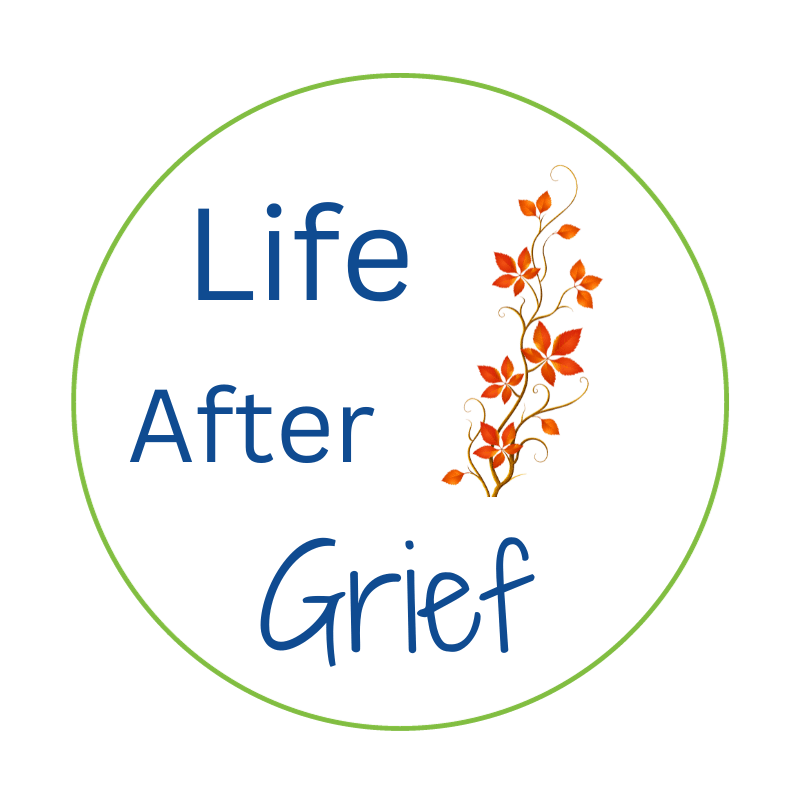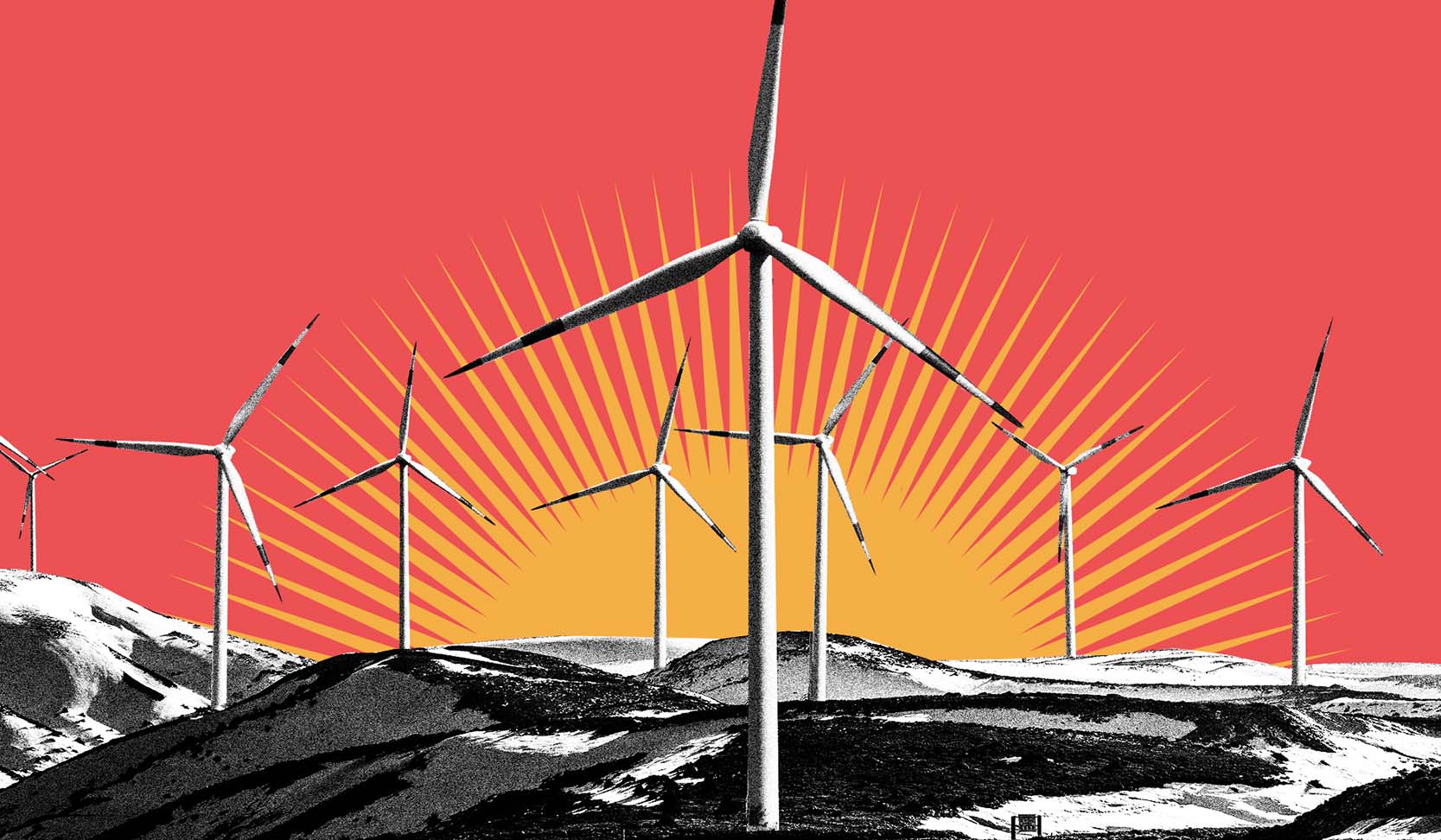
Hi everyone,
The way we think about and heal from grieving has changed, especially for younger generations. From keeping secrets and being lonely to being vulnerable and telling grief stories in communities, technology allows connection around the world. That’s new.
To find out more, this Washington Post article, Dinner parties and vulnerability: How a new generation has changed grief digs into:
The new grief - the history of how ‘acceptable’ ways to grieve have changed since Elisabeth Kubler-Ross’ 5 stages of grief
How your brain processes grief - it requires a new identity and transforming your relationship with who or what you loved and lost
DIY grief - no ‘right’ or ‘wrong’ way to mourn loss. Community, based on shared experience, increased rapport with many positive benefits
Coping “ugly” - For most people, grief has a “trajectory of resilience” and eases over time. Resilience is cognitive and emotional flexibility.
How a new generation copes with grief - storytelling including spoken or written words, art or movement are powerful ways to heal
Heartbreaking Statistics About World Events
A Few Statistics on Heartbreaking World Events
Climate Change - Heatwaves, wildfires, floods, tropical storms and hurricanes are now increasing in scale, frequency and intensity. 3.6 billion people are already impacted and it’s getting worse fast (WHO). Click below for UN fact sheets on all aspects of climate change.
Mental Health Annual Statistics (NAMI):
1 in 5 U.S. adults experience mental illness
1 in 20 U.S. adults experience serious mental illness
1 in 6 U.S. youth aged 6-17 experience a mental health disorder
Suicide is the 2nd leading cause of death among people aged 10-14
If this is you, you are not alone. See https://www.nami.org/about-mental-illness/mental-health-by-the-numbers/infographics-fact-sheets/
Abortion - In 2024, 63% of the U.S. say abortion should be legal in all or most cases and 36% say it should not (Pew Research).
Others include:
Gun violence - pushback on gun control, rise in suicides
Partisan divide - Democrats, Republicans/MAGA
Wars - Israel vs. Palestine, Ukraine vs. Russia
Economy - more jobs but people still hurting
Inflation - bills and groceries cost more
Health care - expensive and dysfunctional
SCOTUS and courts - partisan and corrupt with no accountability
Politics - dysfunctional, struggle to govern
Attacks on LGBTQI+ and women’s rights
Rise in hate speech and behavior without consequences
Caregiving - by 2030, there will be 1 for every 7 elderly who need care
Social Security/Medicaid/Medicare - running out of money
Immigration - role of immigrants in the US, criteria for citizenship
Systemic injustice - economic equality and equity
Bodily autonomy
These are just a few of the ones I stress over myself. You may have other concerns that matter to you. In the face of how enormous and multi-faceted these issues are, it would be easy to just give up in despair. Please don’t.
I believe nobody is above the law so I will stand with those who seek to reform SCOTUS. I believe our social nets are failing us, like Social Security/Medicaid/Medicare, and need to be fixed ASAP. I believe in democracy and the balance of power so our elected politicians need to be committed to governing, not disrupting. I believe Trump and MAGA are responsible for the rise in hate speech and the fraying of common decency between people. I want to live in a world where we do better.
What Can You Do to Improve Your Future?
Ask yourself, “What is the world I want to live in?”
One voice alone might not make a difference but, added to many other voices, makes a profound difference and can change the world.
It’s personal. You may care about solving different global problems than I do. That’s perfect. We each can bring passion and commitment to ours.
What Can You Do?
Center yourself, using your Affluence Code® and amping up self-care.
Choose one problem to focus on. Start somewhere.
Do your research about what’s needed to solve it
Gather data to support your perspective
Change laws - what, who, how?
Engage with a community committed to this topic.
Communicate your POV - social media, email, phone, text, etc.
Take action, then another and another
You are your greatest asset. What are the resources you bring, both in who you are, and your skills and experiences?
Do the parts of the work you enjoy. Set goals in baby steps so you can celebrate the progress made along the way.
Affluence Code® refresher:
If your 1st lens is Purpose (work), it will be executing the various projects, which will help you reach the end goal
If your 1st lens is Love (connection), it will be encouraging people and
If your 1st lens is Charity (community), it will be holding a vision of the future where what you desire is true, mapping the steps to get there so others can follow them
Always remember this grief about world events is real and shared with others. Together, we can change the world for good. Rest whenever you need to unapologetically, but don’t underestimate the power of love. Keeping it personal is your superpower. Onward…
Next Steps
This newsletter issue, Vulnerability and Storytelling: the changing face of grief offers specific ways to support you. If world events weigh heavily on you, you fear the future and feel powerless to move forward, let’s chat.
Schedule a complimentary 20-minute zoom call to talk. Click the link below: https://thebadwidow.com/ConnectWithAlison.



